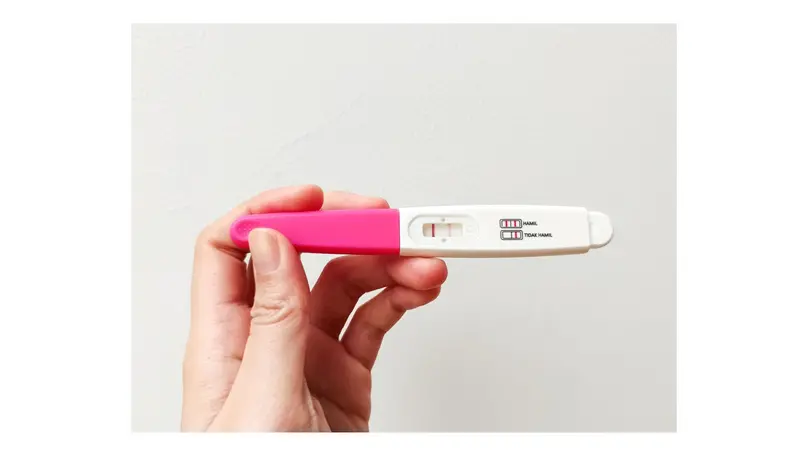
Sponsored
Sponsored
Whole Health Approaches to Women's Infertility
For women, the causes of infertility may range from health conditions like hormonal imbalances, ovarian dysfunction and endometriosis; and lifestyle causes such as poor diet, exposure to environmental toxins and weight management; to emotional and mental causes including anxiety, depression, stress and trauma.
Understanding the root causes of infertility is crucial; it’s about unraveling the complex web of underlying issues. In addition to standard blood tests, there are new functional medicine tests for finding the root causes of infertility challenges, including a comprehensive assessment of hormonal imbalances, a test to assess microbiome and detect gastrointestinal pathogens, and a test that provides both insights into nutritional deficiencies and guidance on diet and supplementation. Research indicates that obesity makes it harder to conceive and leads to more miscarriages. Being underweight increases the risk of ovulatory disorder.
A functional medicine or integrative health approach includes managing diet and improving nutrition that also works to balance hormones and microbiomes. Lifestyle habits like smoking and alcohol and caffeine consumption are also addressed.
A mother’s toxic load can be passed to an unborn child through the umbilical cord. Detoxification prior to trying to conceive can improve not only the mother’s whole health, but her fertile health and the health of her baby.
While not fully understood, research has indicated a correlation between increased stress and decreased likelihood of egg fertilization. Incorporating exercise and mindfulness practices such as meditation and yoga are part of a comprehensive approach to create the ideal environment for a healthy pregnancy and delivery.
REFERENCES
Mutsaerts, M. A. Q., Groen, H., Huiting, H. G., Kuchenbecker, W. K. H., Sauer, P. J. J., Land, J. A., … Hoek, A. (2011). The influence of maternal and paternal factors on time to pregnancy–a Dutch population-based birth-cohort study: the GECKO Drenthe study. Human Reproduction, 27(2), 583–593
Boots, C., & Stephenson, M. (2011). Does obesity increase the risk of miscarriage in spontaneous conception: A systematic review. Seminars in Reproductive Medicine, 29(06), 507–513.
Panth, N., Gavarkovs, A., Tamez, M., & Mattei, J. (2018). The influence of diet on fertility and the implications for public health nutrition in the United States. Frontiers in Public Health, 6, 211.
https://www.ncbi.nlm.nih.gov/pmc/articles/PMC10462749/
Sharma, R., Biedenharn, K. R., Fedor, J. M., & Agarwal, A. (2013). Lifestyle factors and reproductive health: taking control of your fertility. Reproductive Biology and Endocrinology, 11(1), 66.


 By
By



